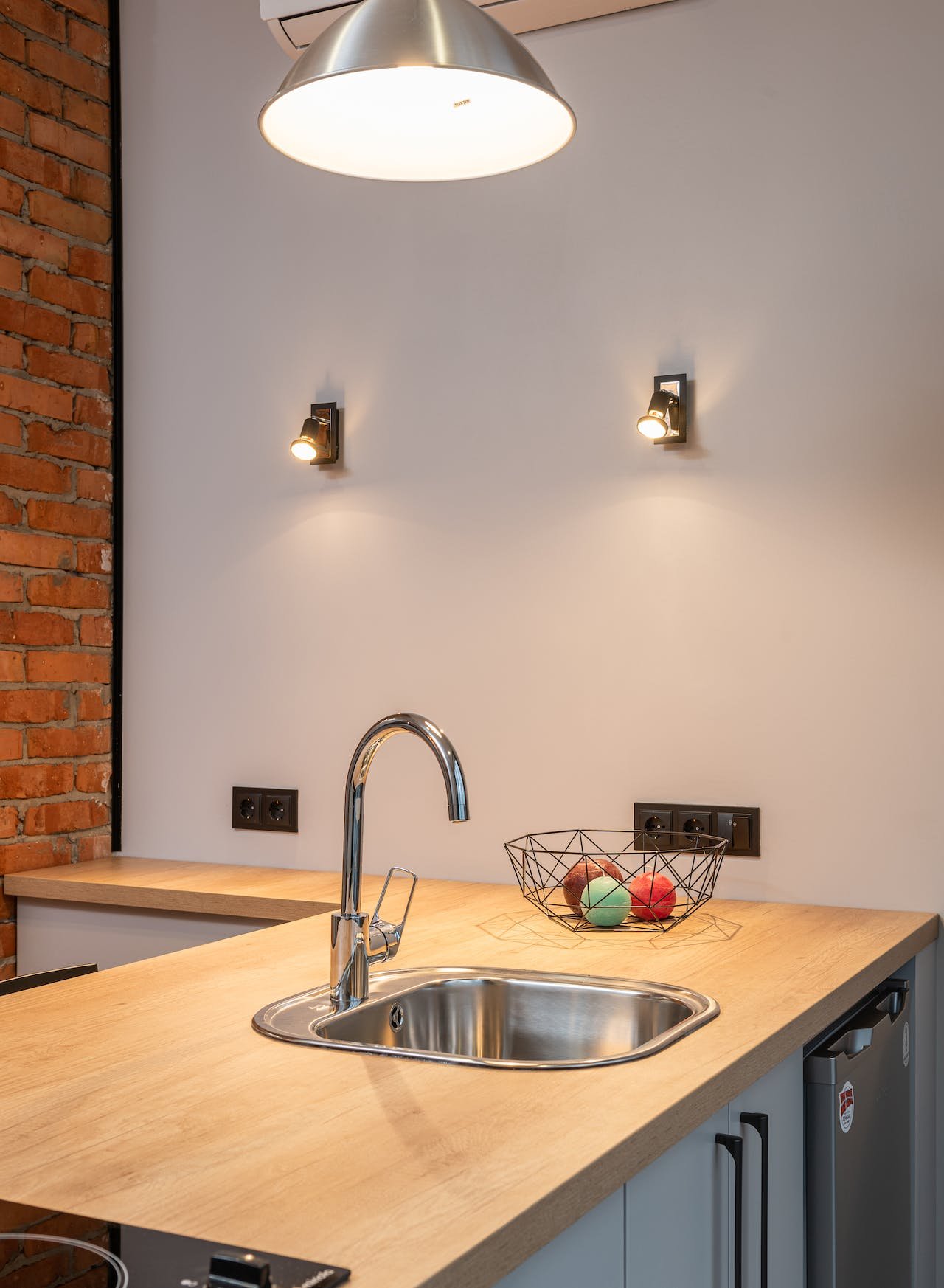A U.S. Department of Energy report shows that 18% of household energy usage comes from the water heater. Besides increasing energy bills, this contributes to environmental pollution. Fortunately, homeowners can make their water heaters more energy-efficient in the following ways:
CHOOSE A HIGH-EFFICIENCY WATER HEATER
Homeowners can determine the efficiency of a water heater by considering the energy factor (EF). It’s the amount of hot water the heater produces for every unit of fuel consumed. The higher the EF, the less energy the water heater will use.
An EF of 0.62 or higher is suitable for a gas-powered water heater. If powered by electricity, the EF should be 0.96 or higher.
GO FOR A TANKLESS WATER HEATER
Water heater tanks contribute to heat loss. For instance, after heating water, it has to stay in the tank before use. If the tank is not well-insulated, it loses heat to the surroundings, causing the heater to utilize more energy to maintain the desired temperature.
Conversely, a tankless water heater warms water on demand. This way, homeowners can save on energy as the water doesn’t require heating cycles.
Tankless water heaters tend to last longer, reducing replacement frequency. As a result, the environmental impact associated with the manufacturing, distribution, and disposal of water heater units will decrease.
UPGRADE TO SOLAR ENERGY
Solar-powered water heaters are the most eco-friendly option because they rely on energy from the sun, which is renewable and inexhaustible. After the initial investment, homeowners can continue heating water at no cost.
Homeowners reduce air pollution by eliminating traditional power sources such as gas, electricity, and fossil fuel.
SELECT A HEAT PUMP WATER HEATER
A heat pump water heater absorbs the heat from the surroundings and uses it to warm water. As such, it’s more suitable for warm climates. It needs an open, spacious room to make it more efficient.
However, the heat pump water heaters require electric backup when the air in the room has minimal heat. Nonetheless, these pumps’ energy efficiency is higher than standard pumps.
USE A WATER HEATER THAT MATCHES THE HOUSEHOLD’S NEEDS
Many homeowners think that using a small water heater will save energy. However, using a small unit for a household that requires a lot of hot water increases energy usage. That’s because the system has to work harder to meet the demands.
Likewise, using a larger water heater than the existing needs causes the unit to heat more water than necessary. To minimize energy wastage, a heater’s size should match the household hot water needs.
INSTALL A PROGRAMMABLE VOLT TIMER
A standard tank water heater uses energy perpetually to keep water at the desired temperature. This wastes lots of energy, given that homeowners don’t use hot water around the clock.
Installing a programmable voltmeter can help fix this excessive energy use. It allows homeowners to set a specific time when the water heater should turn on and off.
REDUCE WATER HEATING ENERGY USAGE
Water heaters are significant energy consumers, harming the environment and increasing household expenses. However, homeowners can prevent this by consulting a professional on energy-efficient water heaters and energy-saving tips.

